Dell’s XPS 13 Plus becomes first Ubuntu 22.04-ready laptop
The device is the latest result of Dell and Canonical’s ten-year Project Sputnik, which aims to create high-end Dell systems with Ubuntu preinstalled


Sign up today and you will receive a free copy of our Future Focus 2025 report - the leading guidance on AI, cybersecurity and other IT challenges as per 700+ senior executives
You are now subscribed
Your newsletter sign-up was successful
Dell and Canonical have made the new Dell XPS 13 Plus Developer Edition the first laptop officially certified for Ubuntu 22.04 LTS.
The move is a continuation of Project Sputnik, an initiative that started in 2012 to create high-end Dell systems with Ubuntu preinstalled, built for developers and guided by input from the developer community.
Best laptops for programming and coding in 2023 Ubuntu Linux review: The granddaddy of desktop Linux Dell’s new XPS 13 refresh is the line’s slimmest ever laptop
From August, developers in the US, Canada, and selected European countries will be able to buy Dell’s flagship 13-inch laptop with the latest version of Canoncial’s Linux distro preinstalled. Additionally, XPS 13 Plus owners can install the operating system from today or can wait until Ubuntu 22.04.1 LTS is released on 4 August.
“XPS is an innovation portal for Dell – from its application of cutting-edge technology to experimentation of new user interfaces and experiential design,” said Jaewook Woo, product manager of the Linux operating system at Dell Technologies. “By bringing the enhanced performance and power management features of Ubuntu 22.04 LTS to our most advanced premium laptop, Dell and Canonical reinforce our joint commitment to continue delivering the best computing experience for developers using Ubuntu.”
The Dell XPS 13 Plus Developer Edition is the latest release in this long-standing partnership. Barton George, developer community lead from Dell, said in 2017 that the idea behind the Project Sputnik programme was to create an open source based laptop that appealed to a large audience of developers. The initial offering was one system and one configuration, which then expanded into an entire line of systems. This includes devices such as the Dell Precision 5720, Dell Precision 5520, and Dell Precision 7520 laptops.
What is Ubuntu certification?
The Ubuntu certification programme ensures that all of the components in a certified computer work as expected, so users can look forward to it working out of the box. Ubuntu certified devices are based on Long Term Support (LTS) releases and receive updates for up to 10 years.
The company’s certification lab tests hundreds of certified devices to ensure they work, and continue to work, to a high standard throughout their lifecycle.
Sign up today and you will receive a free copy of our Future Focus 2025 report - the leading guidance on AI, cybersecurity and other IT challenges as per 700+ senior executives
RELATED RESOURCE

The challenge of securing the remote working employee
The IT Pro Guide to Sase and successful digital transformation
Certified devices also include specific software or drivers that differ from the default distribution where required. These are defined in a meta-package that automatically installs the optimal configuration of packages, drivers, and kernel to deliver the best experience on that device.
Ubuntu said that through Ubuntu 22.04 LTS, users will benefit from increased desktop performance with triple-buffering, more control over their power management settings, and intuitive new workspace layouts and touchpad gestures, as well as expanded customisation options.
It comes with the latest toolchains for the most popular programming languages, including Python, PHP, Ruby, Perl, GCC, Go and now Rust, as well as the latest versions of default productivity apps like LibreOffice, Thunderbird, and Firefox.
Zach Marzouk is a former ITPro, CloudPro, and ChannelPro staff writer, covering topics like security, privacy, worker rights, and startups, primarily in the Asia Pacific and the US regions. Zach joined ITPro in 2017 where he was introduced to the world of B2B technology as a junior staff writer, before he returned to Argentina in 2018, working in communications and as a copywriter. In 2021, he made his way back to ITPro as a staff writer during the pandemic, before joining the world of freelance in 2022.
-
 Pulsant unveils high-density data center in Milton Keynes
Pulsant unveils high-density data center in Milton KeynesNews The company is touting ultra-low latency, international connectivity, and UK sovereign compute power to tempt customers out of London
-
 Anthropic Labs chief claims 'Claude is now writing Claude'
Anthropic Labs chief claims 'Claude is now writing Claude'News Internal teams at Anthropic are supercharging production and shoring up code security with Claude, claims executive
-
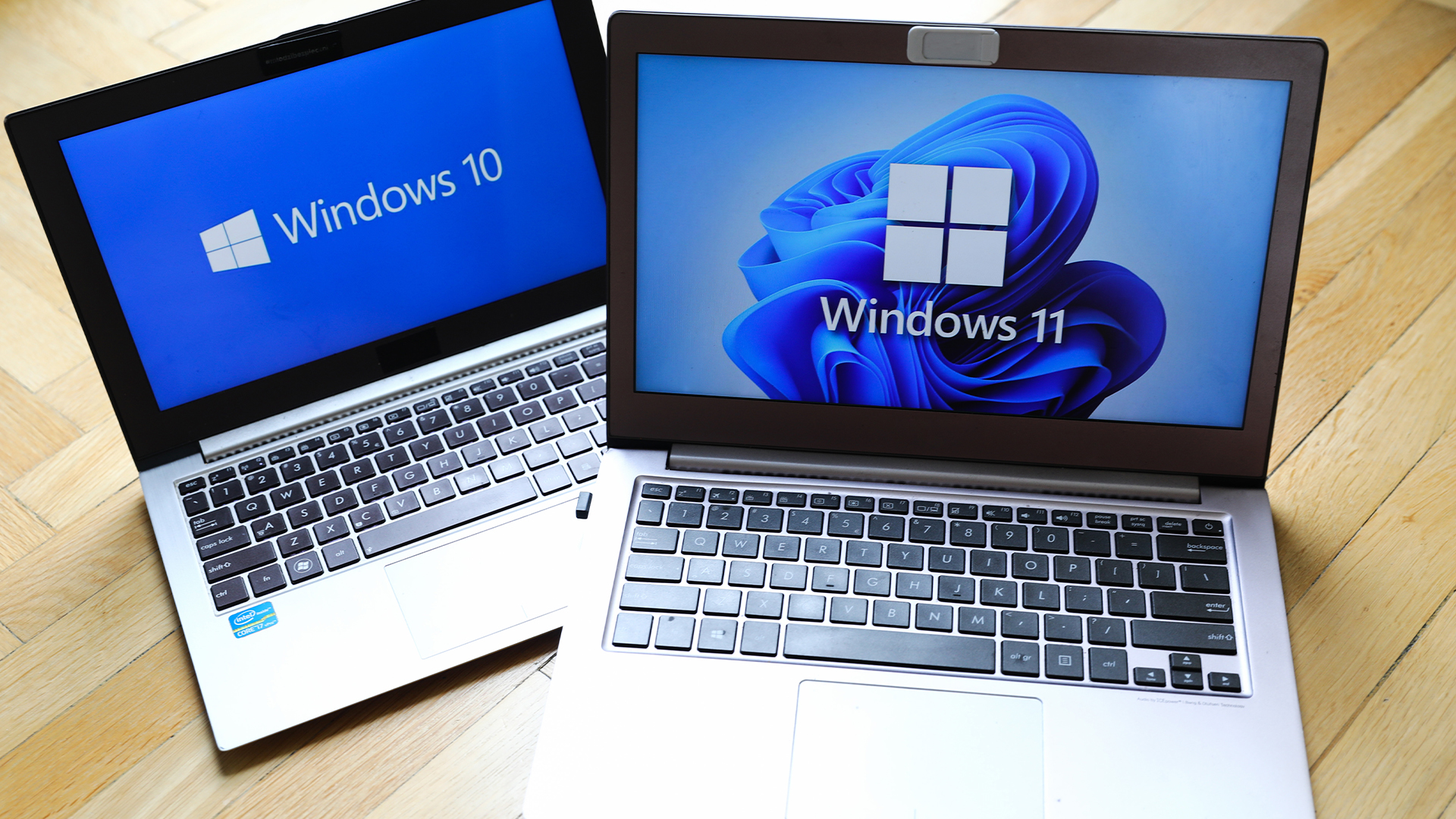 Windows 10 extended support costs could top $7 billion
Windows 10 extended support costs could top $7 billionNews Enterprises sticking with Windows 10 after the October deadline face huge costs
-
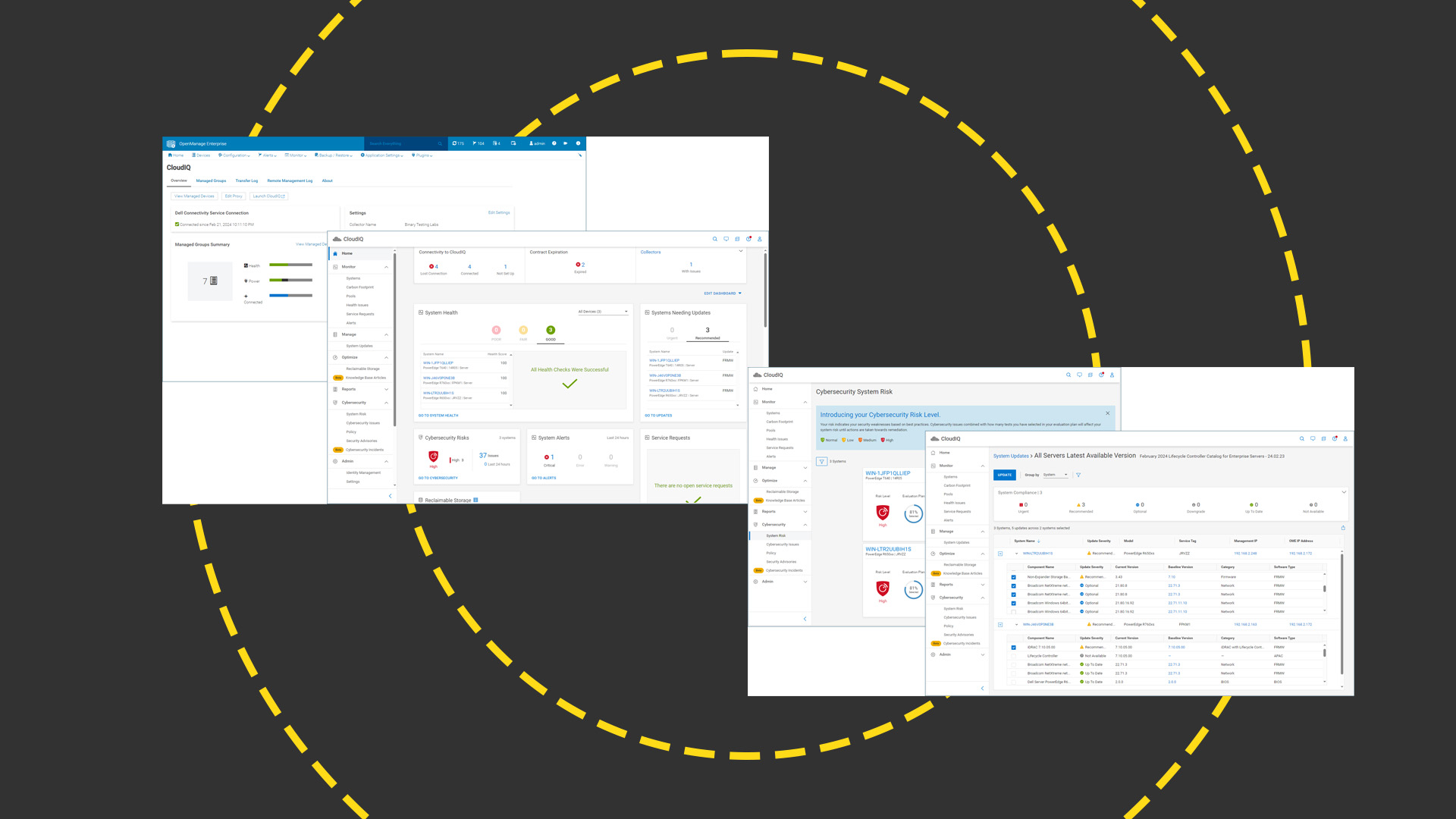 Dell CloudIQ review: No-cost classy cloud monitoring for Dell systems
Dell CloudIQ review: No-cost classy cloud monitoring for Dell systemsReviews CloudIQ keeps your entire Dell infrastructure healthy with smart monitoring, cybersecurity, and predictive analytics
-
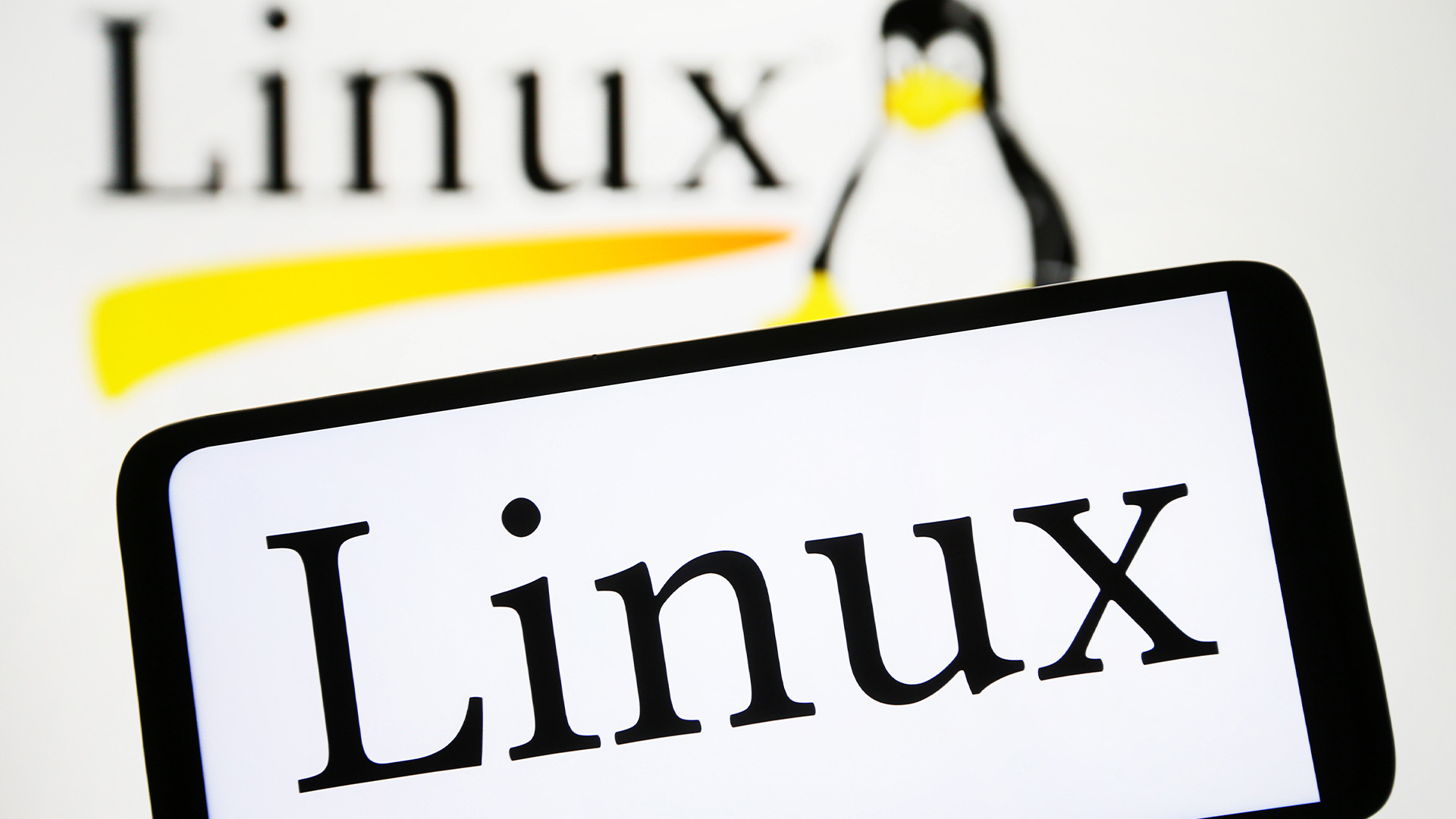 Linux just hit an all-time high share of the global desktop market — and surging popularity in India is driving uptake of the open source operating system
Linux just hit an all-time high share of the global desktop market — and surging popularity in India is driving uptake of the open source operating systemNews Linux is still dwarfed by operating systems such as Windows, but it’s making modest gains off the back of growing popularity in emerging markets
-
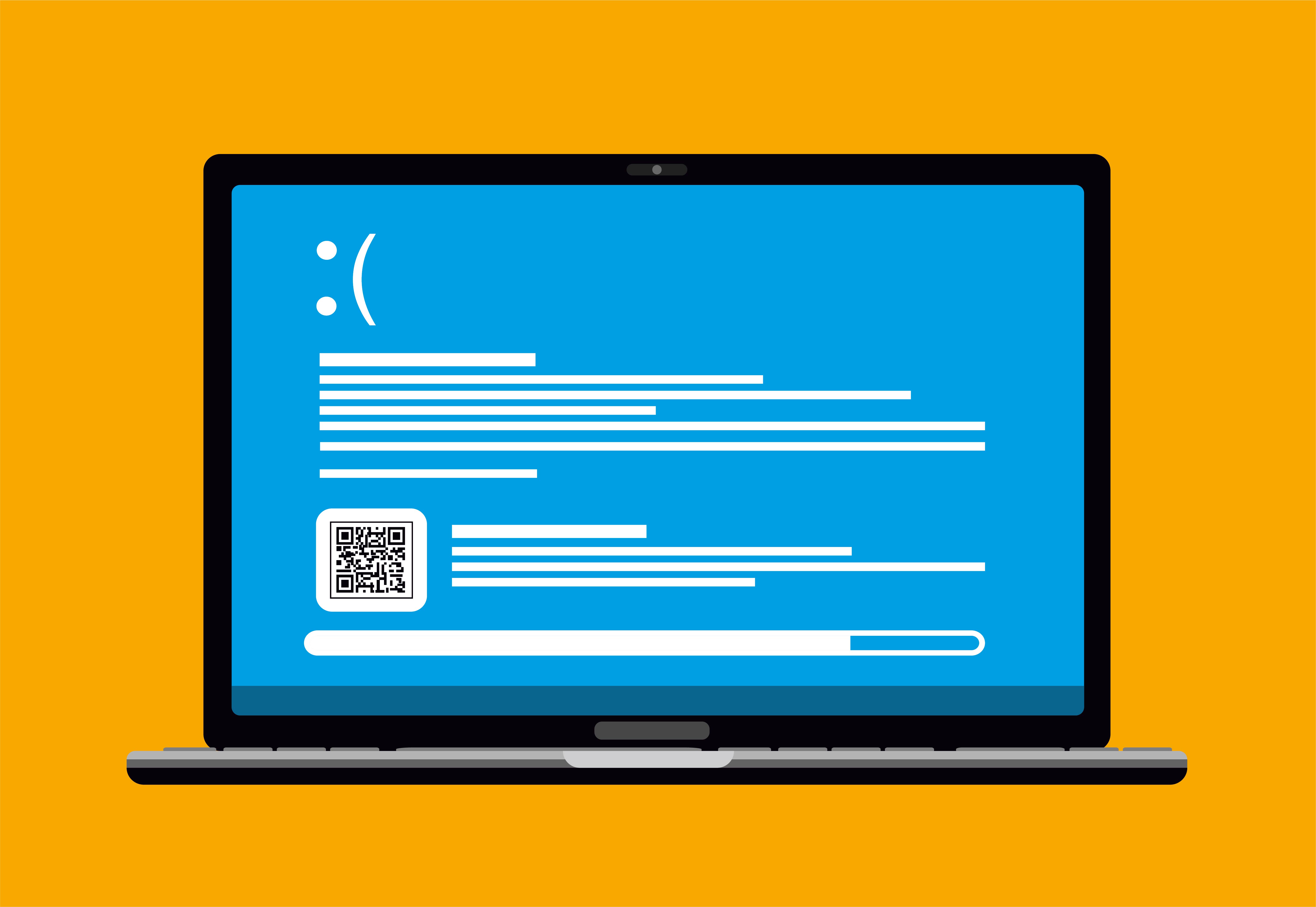 Linux Blue Screen of Death gives users a taste of the dreaded Windows feature
Linux Blue Screen of Death gives users a taste of the dreaded Windows featureNews The Linux Blue Screen of Death has been added in a recent update
-
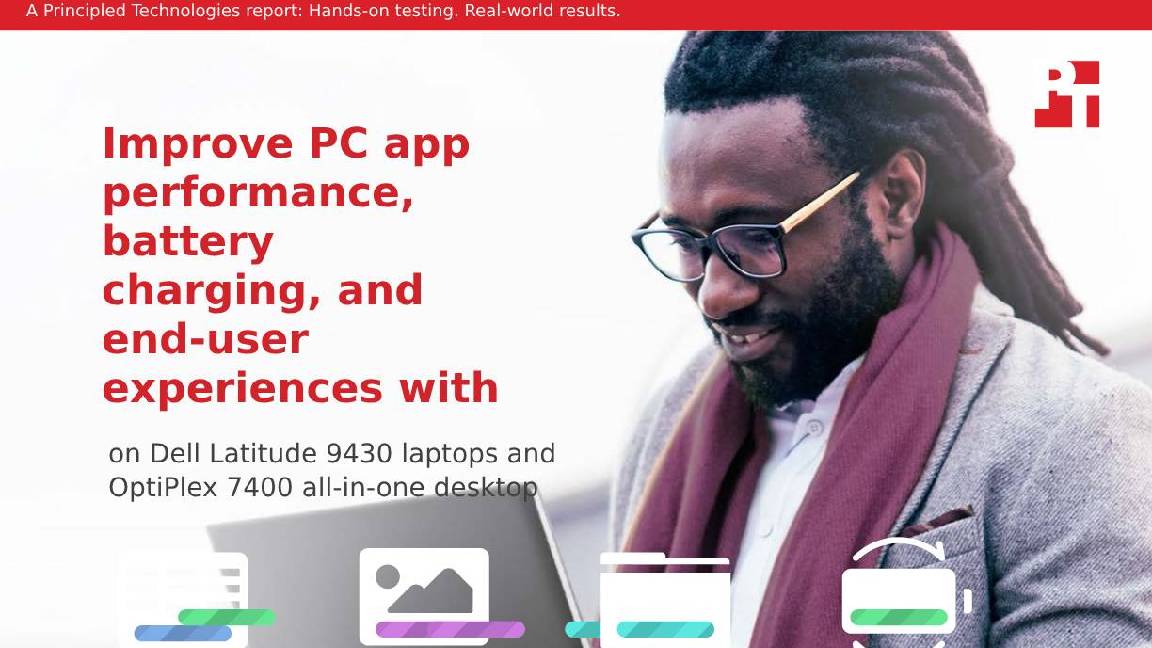 Improve PC app performance, battery charging, and end-user experiences with Dell Optimizer
Improve PC app performance, battery charging, and end-user experiences with Dell Optimizerwhitepaper On Dell Latitude 9430 laptops and OptiPlex 7400 all-in-one desktop PCs
-
 Tiny11 review: Windows 11 with only 2GB of RAM
Tiny11 review: Windows 11 with only 2GB of RAMReview A version of Windows 11 for older machines that don't meet the full requirements
-
 Red Hat Enterprise Linux becomes foundational operating system for Cohesity Data Cloud
Red Hat Enterprise Linux becomes foundational operating system for Cohesity Data CloudNews New strategic partnership between Red Hat and Cohesity aims to drive innovation in the data security and management space
-
 Ubuntu shifts to four-week update cycle
Ubuntu shifts to four-week update cycleNews Critical fixes will also come every two weeks, mitigating the issues involved with releasing prompt patches on the old three-week cadence
